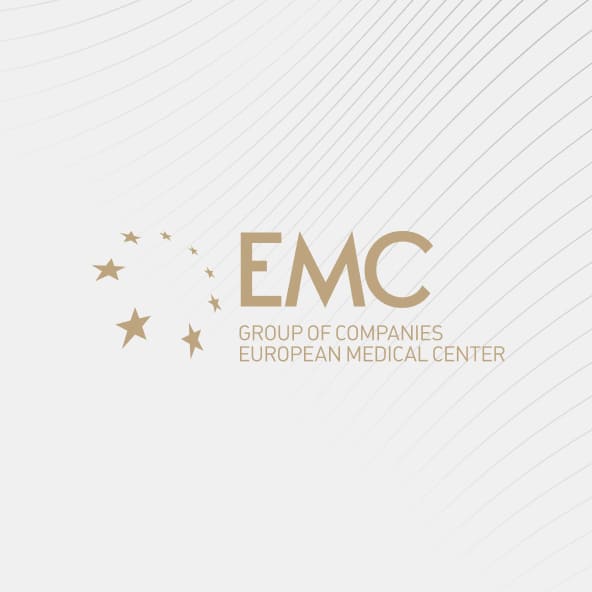
ASIT therapy for allergies
Allergy is a pathology for which, until recently, only symptomatic treatment was offered. It was only at the very end of the 20th century that the World Health Organization approved allergen-specific immunotherapy for the treatment of patients with allergic rhinitis, conjunctivitis, and bronchial asthma. Allergologists and immunologists at the EMC Clinic perform ASIT therapy in accordance with the latest international medical protocols.
Allergy and its treatment
In modern medicine, allergy is defined as an increased sensitivity of the human immune system to the effects of a causally significant allergen. At the same time, for other people, substances that a particular person has an allergic reaction to are completely harmless.

The immune system's reaction to contact with an allergen manifests itself as an inflammatory process. Hypersensitivity to various irritants (allergens), which is most often found in everyday life, can manifest itself in the following pathologies:
- Respiratory allergies. Hay fever is the most common type of allergic reactions that are associated with seasonal irritants. In the Russian middle zone, pollinosis symptoms most often appear during the periods of pollen appearance of flowering plants, from April to May and from June to August. Hay fever is associated with the symptoms of rhinitis (nasal congestion, itching, sneezing), but is often accompanied by conjunctivitis and cough. In severe cases, respiratory allergies are manifested by bronchial asthma, the main symptom of which is attacks of suffocation with characteristic wheezing.
- Food allergies. Allergic reactions to food products can be manifested by skin lesions, respiratory organs, and digestive symptoms.
- Skin allergies. Damage to the skin and mucous membranes can be a reaction to insect bites, food, and environmental factors. In severe cases, a life—threatening condition may develop - Quincke's edema.
The prevalence of allergies is high and growing rapidly: according to WHO data, the pathology affects 40% of the general population and up to 60% of urban residents. However, to reduce allergic reactions, patients are advised only to avoid contact with allergens, which is not always possible, and to use antihistamines, including hormonal drugs, in severe cases. These measures have a temporary effect, as they do not eliminate the cause of the allergy, and after discontinuation of the drugs, the symptoms return.
ASIT technology (allergen-specific immunotherapy)It is the most modern method of antiallergic therapy, which affects not the symptoms of pathology, but its cause.
What is ASIT
Allergen-specific immunotherapy involves the introduction of microdoses of a causally significant allergen, which increases the body's resistance to its effects.
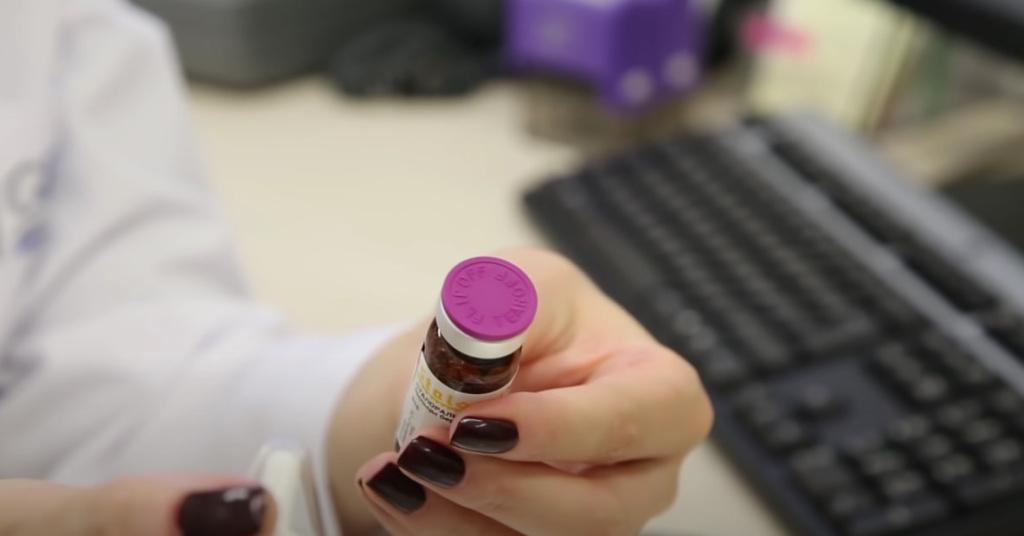
Until recently, the allergen was administered only by subcutaneous method, which is considered less convenient and safe. However, today the EMC clinic offers sublingual allergy treatment with medications in the form of drops/tablets that are taken under the tongue.
The ASIT method is recommended in the following cases:
-
antihistamine therapy is ineffective, it is necessary to constantly increase the dosage of drugs, or undesirable side effects are present.;
-
The patient cannot avoid permanent or seasonal contact with the allergen.;
-
the patient's hypersensitivity to a specific allergen increases;
-
the severity of the symptoms is progressing.
Allergy treatment by ASIT leads to a decrease in the severity of clinical manifestations or helps to achieve long-term remission of an allergic disease, prevents the development of complications, and also prevents the progression of allergies into more severe forms.
How is the treatment
At the first appointment, the allergist examines the patient and prescribes tests that identify the causally significant allergen causing the reaction. The following examinations are performed at the EMC Clinic:
-
blood tests;
-
skin prick testing;
-
molecular diagnosis of allergy
-
Diagnosis of 300 ALEX2 allergy components. The test allows you to get a complete allergic profile and identify sensitivity to the most common allergens.
The survey provides the most reliable results during the "quiet" period (usually in autumn). Taking into account individual characteristics, identified indications and contraindications, the doctor develops the ASIT method according to an individual scheme:
- Pre-season. It is performed in patients with hay fever, who are allergic to pollen from trees and grasses. Therapy begins 3-4 months before the flowering season (usually in autumn or winter). After the maximum tolerable dose of the allergen is reached, treatment is suspended and resumed for the next year.
- Year-round. It is indicated for patients who are allergic to household irritants, such as house dust mites.
ASIT technology involves two phases:
- Main. A gradual increase in the allergen dose until the maximum tolerated dose is reached.
- Supportive. The maximum tolerated doses of the drug are administered.
The course duration averages 3-5 years. The use of ASIT is approved in children over 5 years of age. Treatment should be carried out only in specialized allergy rooms and departments.
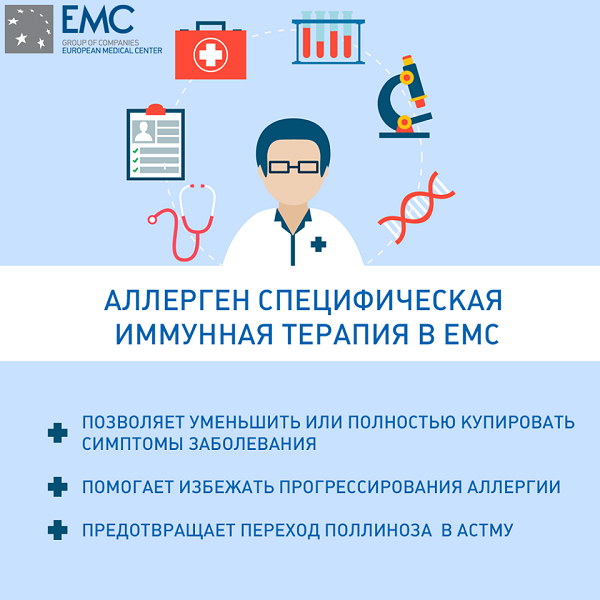
Contraindications
Physician-supervised therapy is well tolerated even by children. Treatment of ASIT is not recommended only for certain groups of patients:
-
severe somatic diseases (pathologies of the blood, cardiovascular system, neoplasms, immunodeficiency);
-
severe uncontrolled bronchial asthma;
-
taking medications from the beta-blockers group;
-
for the sublingual form — pathology of the oral cavity (erosion, inflammation, diseases of the teeth and gums, recent tooth extraction, etc.).
ASIT technology is the only way to bring allergies under control and get rid of painful symptoms.
Individual allergy passport
An international allergy passport is available in the EMC. This is a single document that combines clinical data, symptoms, examination results, and recommendations for allergy control.
The allergy passport is compiled in two languages and contains universal structured medical information that will be relevant in any medical organization in Russia and abroad.
Document structure:
- Basic information about the patient
- Allergic diagnoses
- Features of symptoms and course of allergy
- International medical information for the doctor
- List of required medications in the first-aid kit
- The procedure for taking medications in an emergency
The doctor will help you deal with each allergen, gather all the information and tell you how to reduce the risk of allergic reactions in the future.
Make an appointment for a consultation with an allergist by phone +7 495 933-66-55.
Doctors
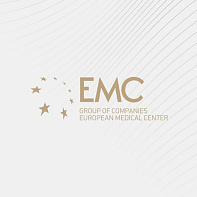
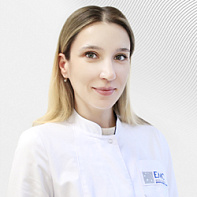
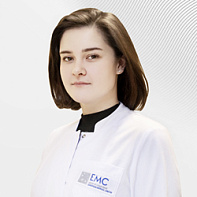
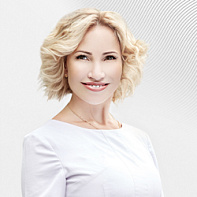
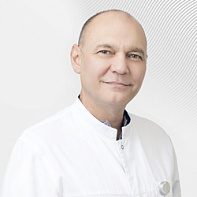
.jpg)
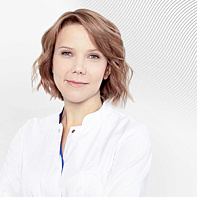
.jpg)
.jpg)
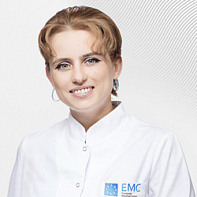
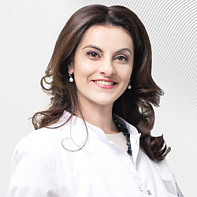

- Specialization — pediatric and adult dermatology, diagnosis and removal of skin growths in adults and children. He has the skills of dermatoscopy and photographing skin growths
- Graduated from the First Moscow State Medical University named after I. M. Sechenov of the Ministry of Health of the Russian Federation with a degree in Medical Medicine, and completed her residency at the Central State Medical Academy of the Presidential Administration of the Russian Federation with a degree in Dermatovenerology
- Permanent participant of All-Russian congresses and symposiums
